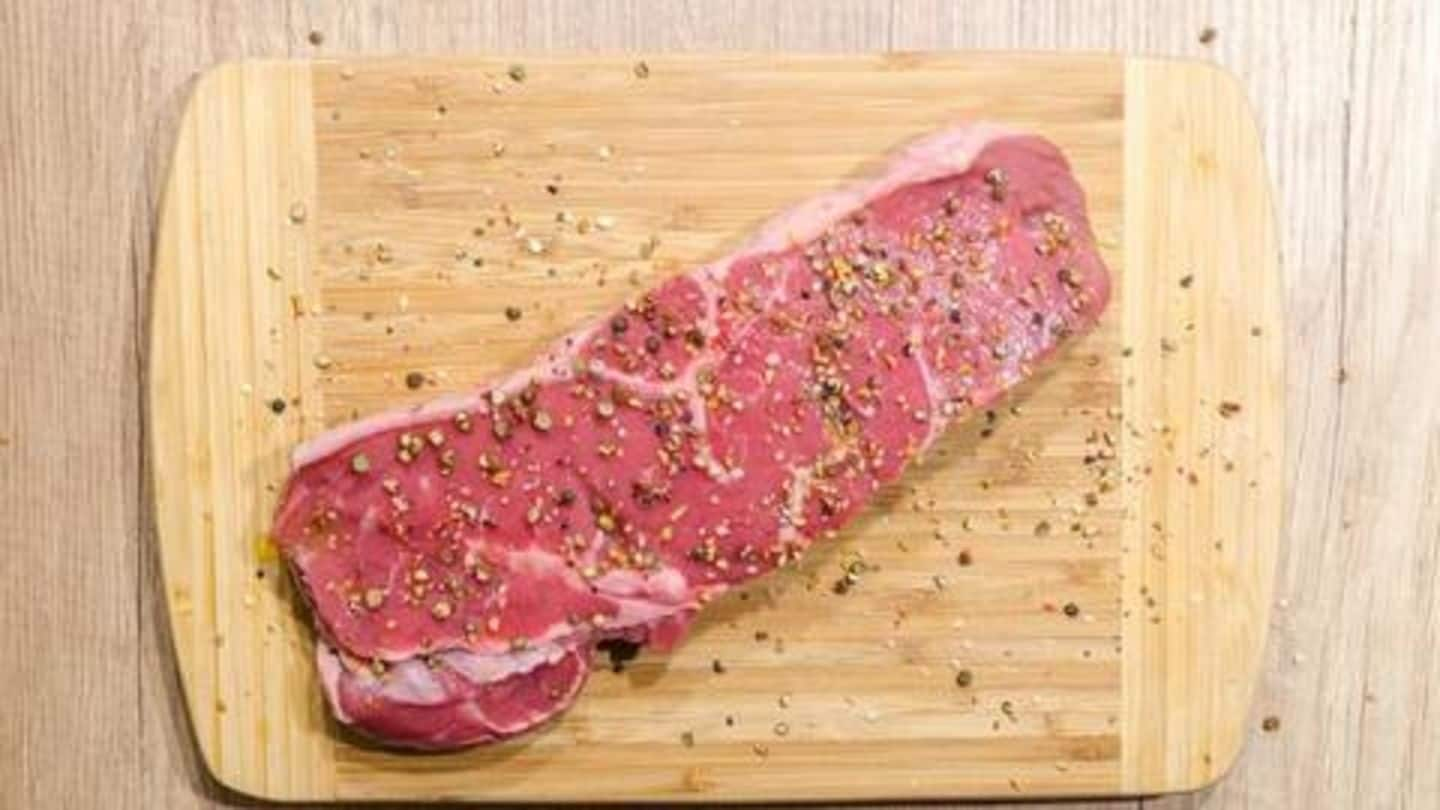
Five common myths about eating meat, busted!
What's the story
There is a lot of talk around meat eating. This is mainly because the consumption of animal products is surrounded by various heath, animal care, and even religion-related concerns. The never-ending differences between vegans/vegetarians and meat eaters have given rise to some commonly-held, yet untrue misconceptions about eating meat. Here, we debunk five of them.
#1
Myth: A meat-free diet lacks protein
Many tend to believe that meat is the best source of protein out there. However, this isn't true. One can get all the protein they need, from a rich and balanced vegetarian diet as well, that too through all phases of life, including pregnancy, infancy, and childhood. Some of the best vegetarian sources of protein are soy, lentils, pulses, oats, nuts, and dairy.
Information
Myth #2: Lack of meat will cause iron-deficiency
You can get your required amount of iron from a hard-core vegetarian diet. In fact, in a large-scale study, it was found that vegans had the highest intake of iron, followed by vegetarians, and then meat-eaters, in their daily diet.
#3
Myth: Animal food is the only source of Vitamin B12
It is wrongly believed that Vitamin B12 is only available from animal sources. In fact, just like us, most animals cannot produce vitamin B12, and obtain it from bacteria of the plans they eat. Furthermore, the B12 used in fortified-foods and supplements is easier to absorb than the B12 from animal protein. You can get your daily B12 dose from easily available vegetarian foods.
#4
Myth: Meat causes heart disease and type-2 diabetes
Meat eating is often, without reason, blamed for causing dreadful new-age diseases like heart stroke and type-2 diabetes. However, it makes no sense, as meat has been in consumption among humans since millions of years, while these diseases are relatively new (just decades-old). Also, several large-scale studies suggest that consumption of unprocessed red meats has nothing to do with heart disease or type-2 diabetes.
Do you know?
Myth #5: Red meat causes cancer
Although the intake of processed red meats might increase your risk of getting cancer, particularly colon cancer, but you can always consume unprocessed red meats, without worrying much.